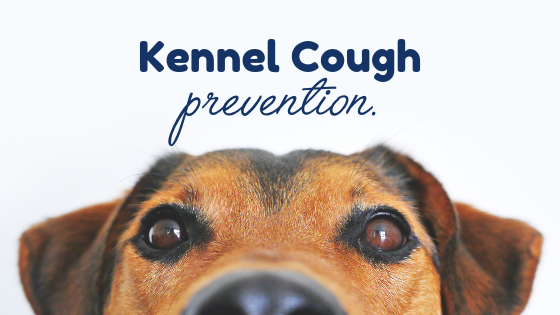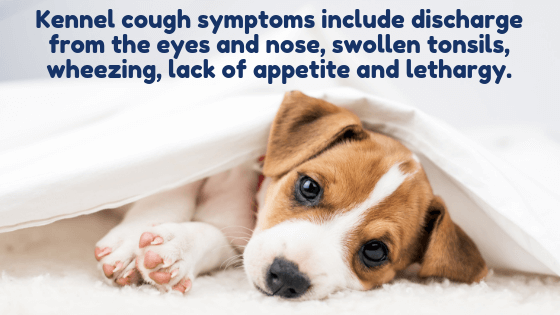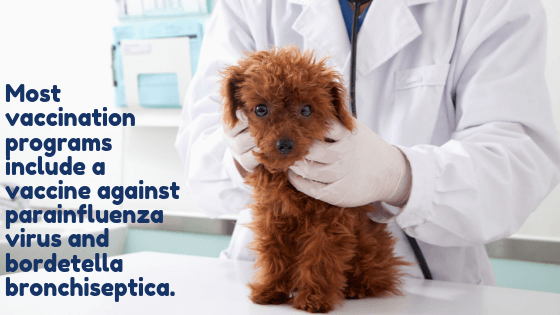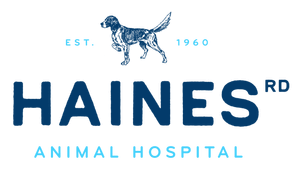Kennel Cough Prevention

What is kennel cough?
Kennel cough is more technically known as canine infectious tracheobronchitis. This term localizes the most common clinical sign, coughing, to the trachea (windpipe) and bronchi (within the lungs). It may be caused by several viruses and bacteria. These include adenovirus type 2, parainfluenza virus and bacterium bordetella bronchiseptica. The infection spreads rapidly from dog to dog in close quarters, such as a boarding kennel. This is the origin of its name.
What are the signs, besides coughing?
The symptoms of kennel cough are quite variable. They include discharge from the eyes and nose, swollen tonsils, wheezing, lack of appetite and lethargy. Although coughing is usually mild, it may persist for several weeks.

What is the treatment?
There is no specific treatment for the viruses involved. No drug will kill them, so they must run their course, which may take two to three weeks. Antibiotics are useful against the bacteria involved, although some resistance to certain antibiotics has occurred. Cough suppressants are used to break the self-perpetuating cycle of coughing that occurs.
How can I prevent this disease?

Most vaccination programs include a vaccine against the parainfluenza virus and bordetella bronchiseptica. These should be administered to puppies and boostered in adults.
How effective are these vaccines?
Immunity after natural infection with respiratory viruses, like parainfluenza or bacteria like bordetella, is neither solid nor long-lasting. Therefore, a booster just before placing your dog in a boarding kennel is good insurance against the disease. Always discuss your dog’s lifestyle or any upcoming changes with your veterinarian to determine the best preventative care plan for them.
How are the bordetella vaccines delivered?
Bordetella vaccination is performed either by injection or intranasally. The latter means that the vaccine is dropped into the nostrils. This permits immunity in the membranes of the nose and throat where the viruses and bacteria enter.
If you have questions or suspect that your dog has been or could be exposed to Kennel Cough, contact us to make an appointment!
Attribution Link:
